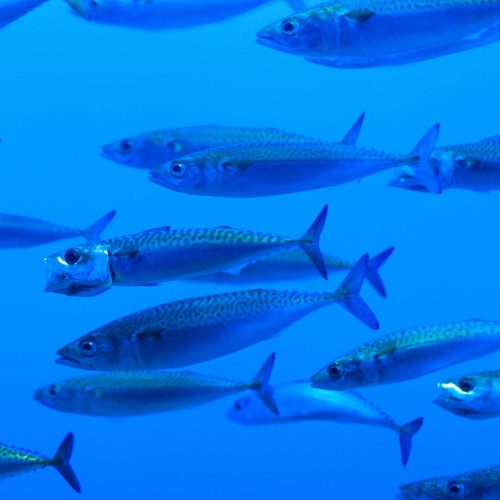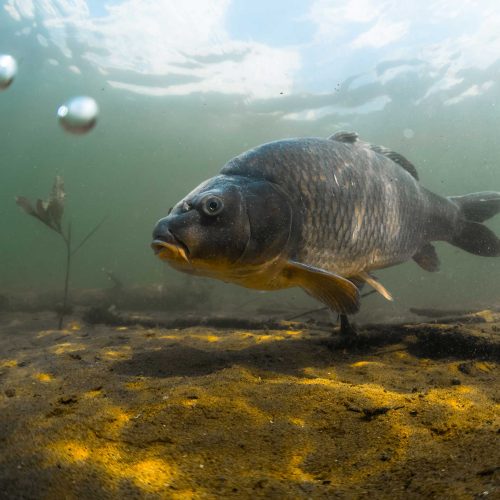Whether you’re casting off the pier or setting up beside a calm lake, the right technique makes all the difference.
Here’s a list of practical tips to help you catch more fish and enjoy the experience — tailored for both sea and lake fishing in the UK.
Sea Fishing Tips (Saltwater)
- Check the Tides
Fish are more active during rising or falling tides — use tide charts to plan your trip.
- Use Fresh Bait
Mackerel, squid, ragworm, and lugworm work best when fresh. Frozen bait can work too, but fresh gets more bites.
- Match Your Rig to Your Target
Use pulley rigs for large fish like cod or bass, and two-hook flappers for smaller species like whiting or pouting.
- Try Different Casting Distances
Don’t just aim far — sometimes fish are right under your feet, especially near harbours and piers.
- Use Grip Leads on Beaches
Strong tides and surf can drag your bait — a grip lead will hold it in place.
- Fish at Dawn or Dusk
Many species feed more aggressively at these times — ideal for catching bass or mackerel.
- Mind the Weather
Calm conditions are good for flatfish, but a bit of chop can bring predators closer to shore.
- Stay Safe Near Rocks or Piers
Wear non-slip boots and always check the forecast and tide height before heading out.
Lake Fishing Tips (Freshwater)
- Start Quietly
Fish are easily spooked in still waters. Approach quietly, and avoid casting shadows.
- Use the Right Bait for the Species
Boilies for carp, worms for perch, sweetcorn for tench, maggots for roach — always match your bait!
- Pre-bait the Swim
A few handfuls of bait 10–20 minutes before casting can draw fish in and keep them feeding.
- Vary Your Depth
Not all fish feed at the bottom. Try float fishing, midwater rigs, or ledgering to find the strike zone.
- Travel Light for Roaming
If the fish aren’t biting, pack light so you can easily move to a new swim.
- Check the Margins First
Big fish like carp often patrol the edges, especially in early morning or late evening.
- Use a Hair Rig for Carp
This setup helps hook the fish more effectively without spooking it with the bait.
- Don’t Ignore Weather and Air Pressure
Stable or dropping pressure usually improves feeding activity. Overcast days are often best.

